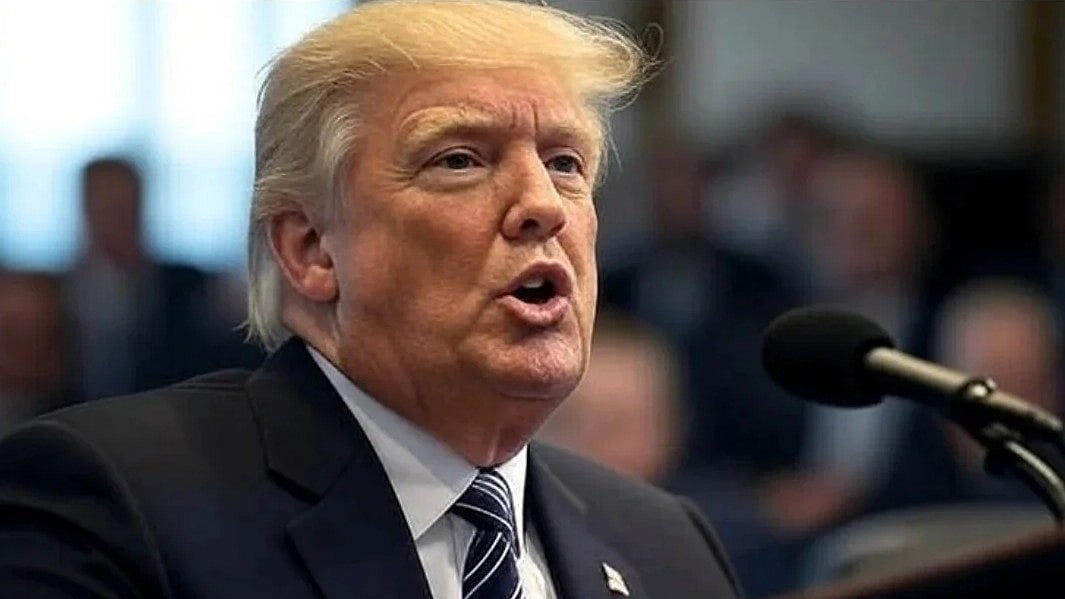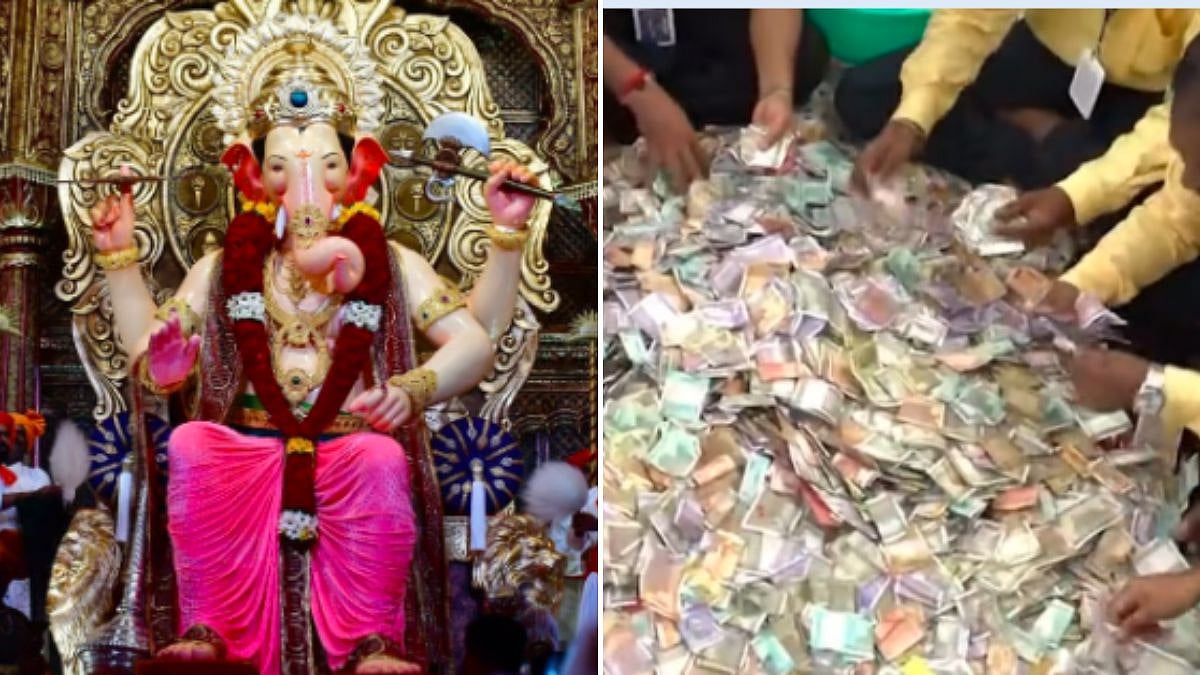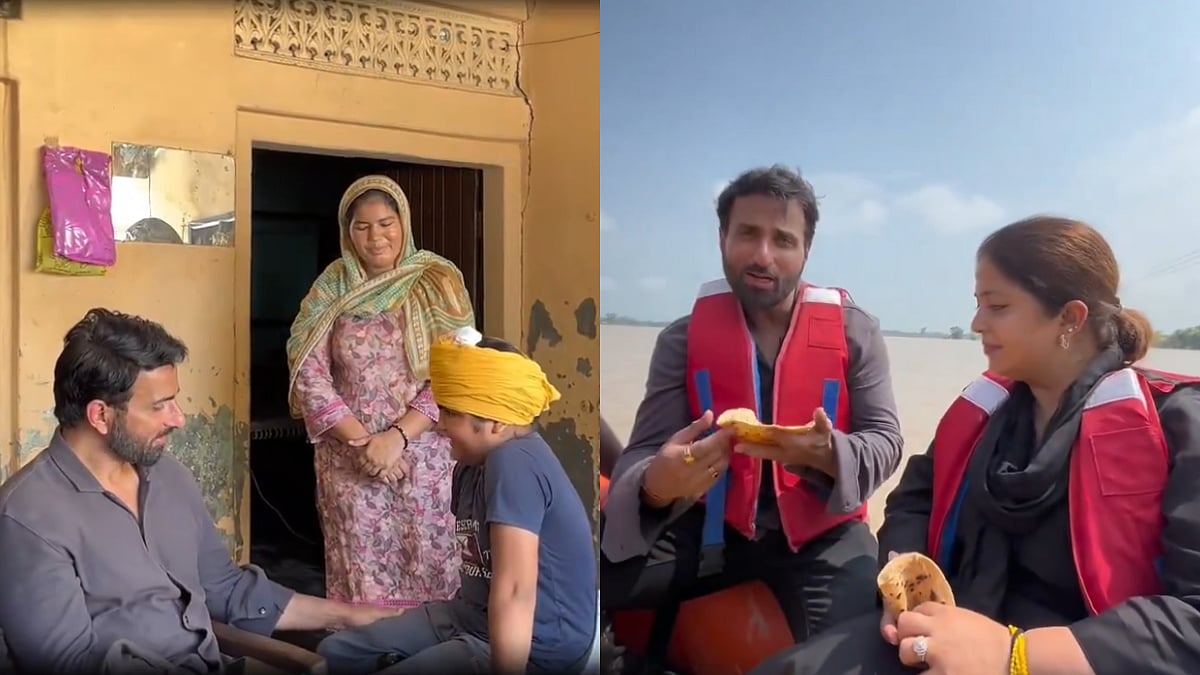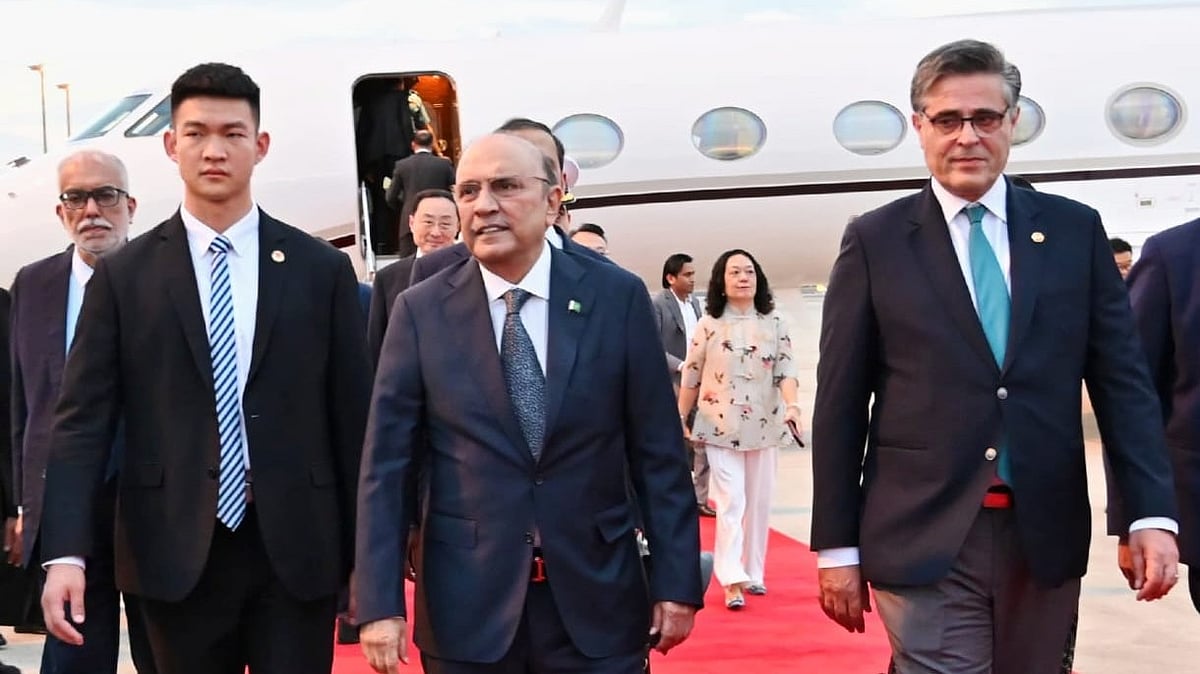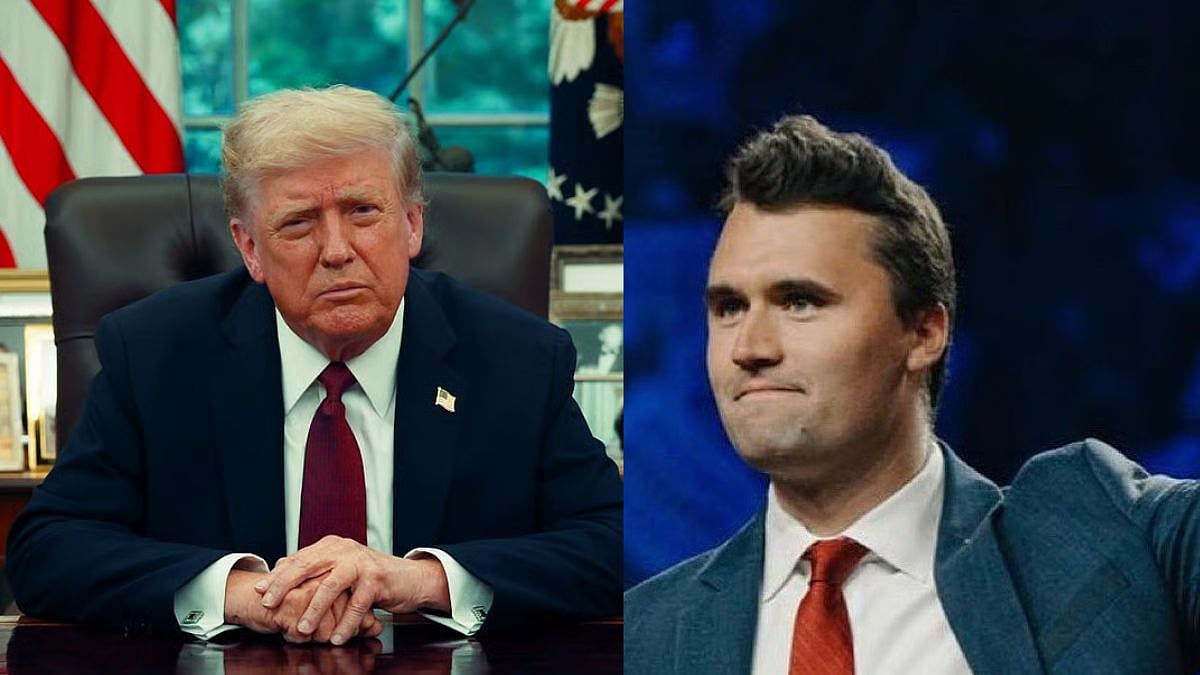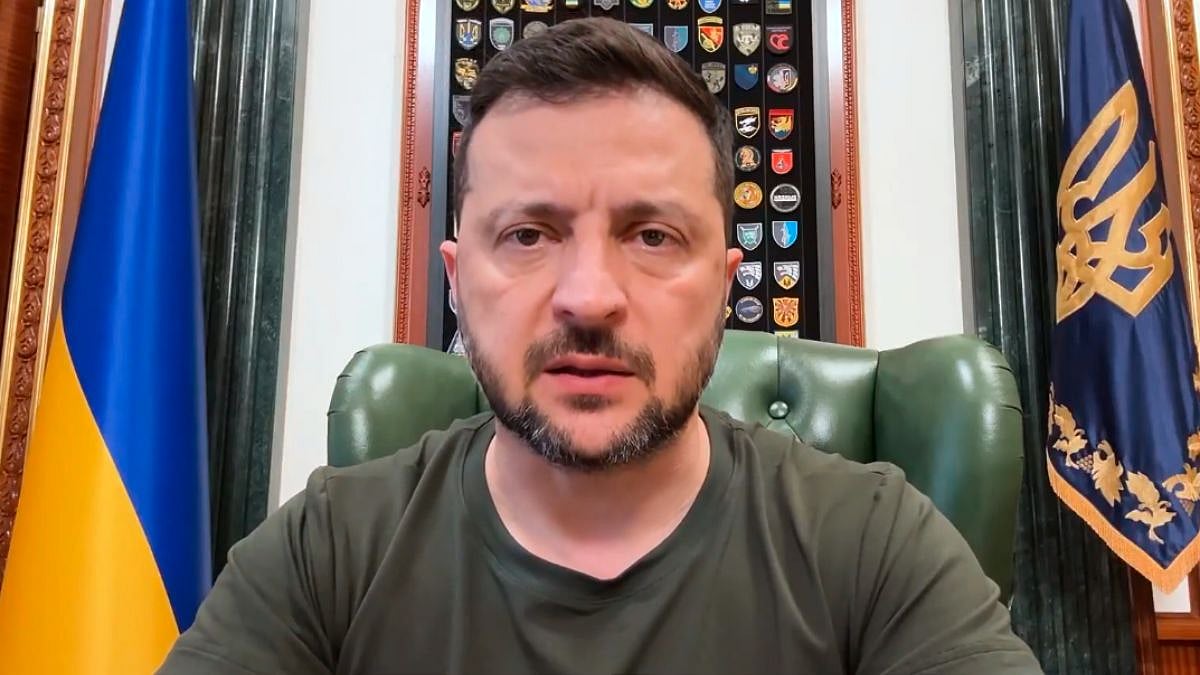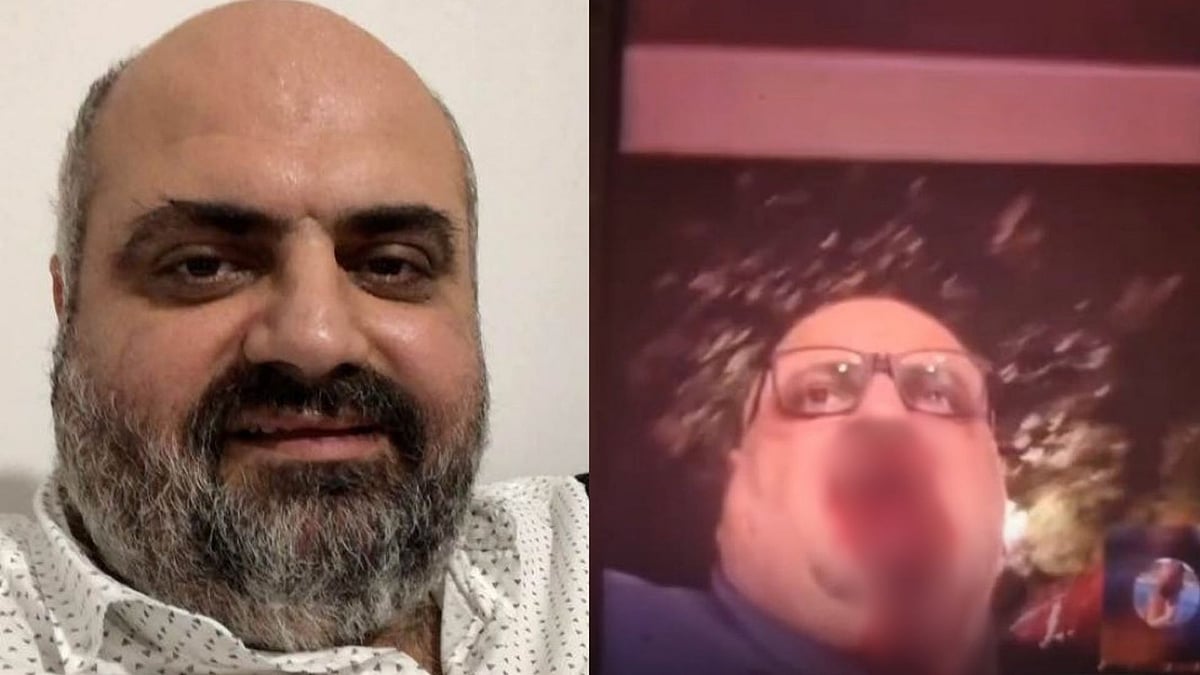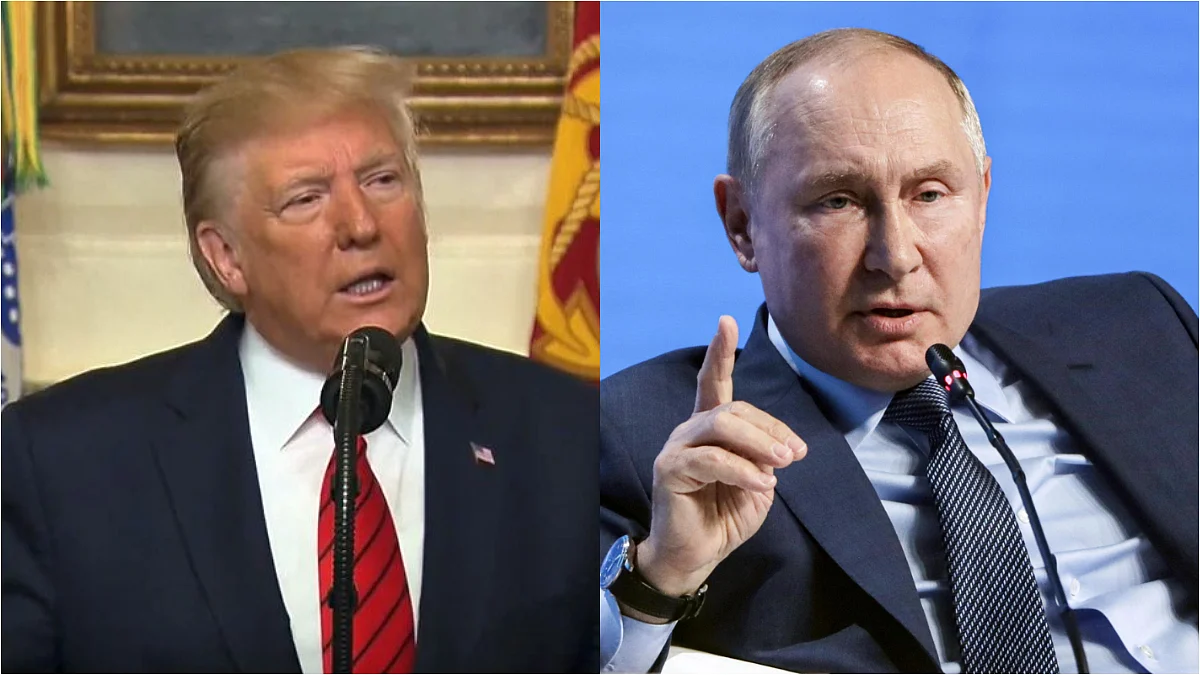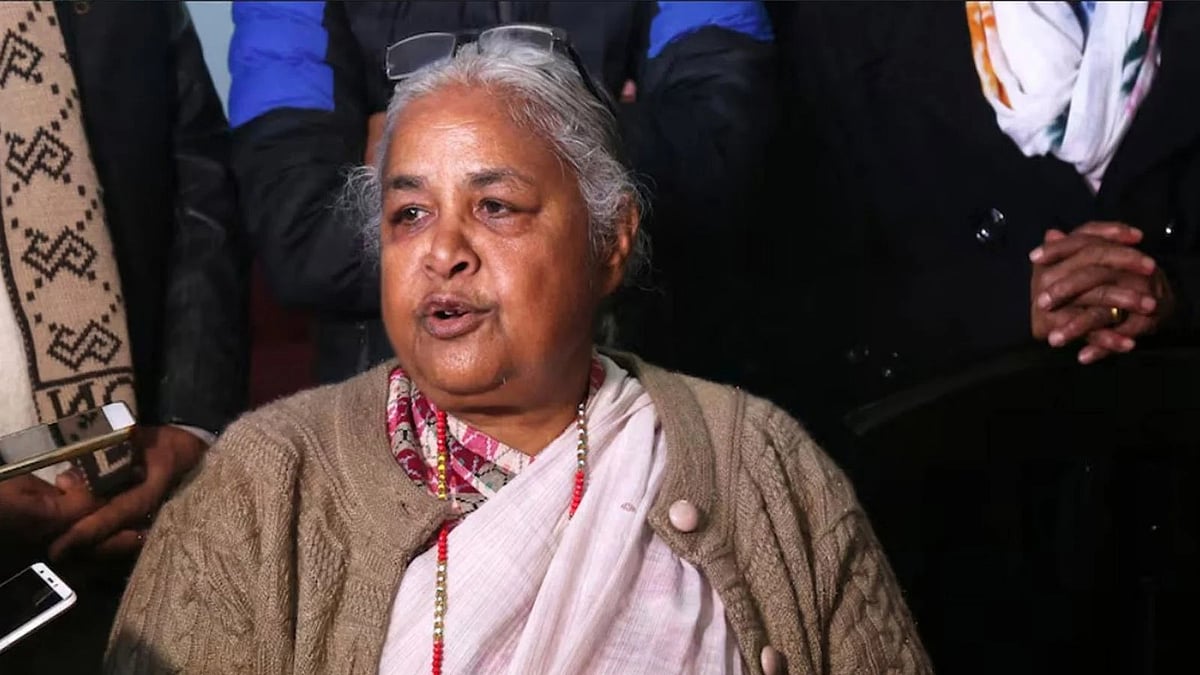US President Donald Trump’s hopes of securing the Nobel Peace Prize next month may run into a roadblock - the strict independence of the Norwegian Nobel Committee, which has emphasized that it will not be influenced by campaigns or media pressure.
The 79-year-old billionaire has repeatedly said he “deserves” the Nobel Peace Prize, claiming credit for ending six wars, despite ongoing conflicts in Gaza and Ukraine. He has also pointed to endorsements and nominations from several world leaders as proof of his candidacy.
“Of course, we do notice that there is a lot of media attention towards particular candidates,” the secretary of the committee, Kristian Berg Harpviken, told AFP in Oslo. “But that really has no impact on the discussions that are going on in the committee.”
“The committee considers each individual nominee on his or her own merits,” he added.
Harpviken further explained that being nominated is not in itself a significant achievement. “To be nominated is not necessarily a great achievement. The great achievement is to become a laureate,” he said. “You know, the list of individuals who can nominate is quite long.”
Thousands of people worldwide - including members of parliament, cabinet ministers, university professors, and former laureates - are eligible to submit names. This year, the committee is reviewing 338 individuals and organisations, with deliberations kept secret for 50 years.
“When the committee discusses, it’s that knowledge base that frames the discussion. It’s not whatever media report has received the most attention in the last 24 hours,” Harpviken noted. “We are very aware that every year there are a number of campaigns, and we do our utmost to structure the process and the meetings in such a way that we are not unduly influenced by any campaign.”
Still, Trump has made no secret of his desire to win the prestigious award, even raising the subject with Norway’s Finance Minister Jens Stoltenberg - former NATO secretary general - during a phone call about tariffs in July, according to financial daily Dagens Naeringsliv.
Since returning to the White House in January, Trump has highlighted support from foreign leaders. On June 20, Pakistan announced it would nominate him following a ceasefire between India and Pakistan, crediting his “decisive diplomatic intervention and pivotal leadership.”
Israeli Prime Minister Benjamin Netanyahu presented Trump with a letter of nomination during a White House visit in July. A month later, Cambodian Prime Minister Hun Manet nominated Trump after brokering a July ceasefire that ended clashes between Cambodian and Thai forces along their disputed border, a conflict that left more than 40 dead and displaced some 300,000.
On August 8, Armenian Prime Minister Nikol Pashinyan and Azerbaijani President Ilham Aliyev signaled support for a Trump nomination after a White House summit produced a joint peace agreement. “I think President Trump deserved to have the Nobel Peace Prize,” Pashinyan said at the White House. “And we will defend that, we will promote for that.”

In Africa, Rwandan Foreign Minister Olivier Nduhungirehe and Gabonese President Brice Oligui Nguema have both backed Trump, citing his role in helping to ease tensions between Rwanda and the Democratic Republic of the Congo. Nguema praised him for “bringing peace back to a region where that was never possible,” adding, “so I believe that he does deserve a Nobel Peace Prize. That is my opinion.”
Despite the wave of endorsements, nominations for this year closed on January 31 - just 11 days after Trump returned to the White House - raising questions about which proposals may actually count.
The Nobel Peace Prize laureate will be announced on October 10.
